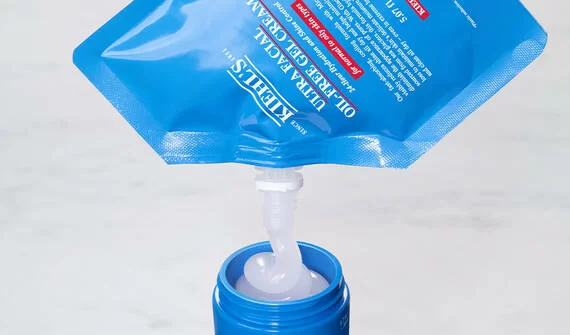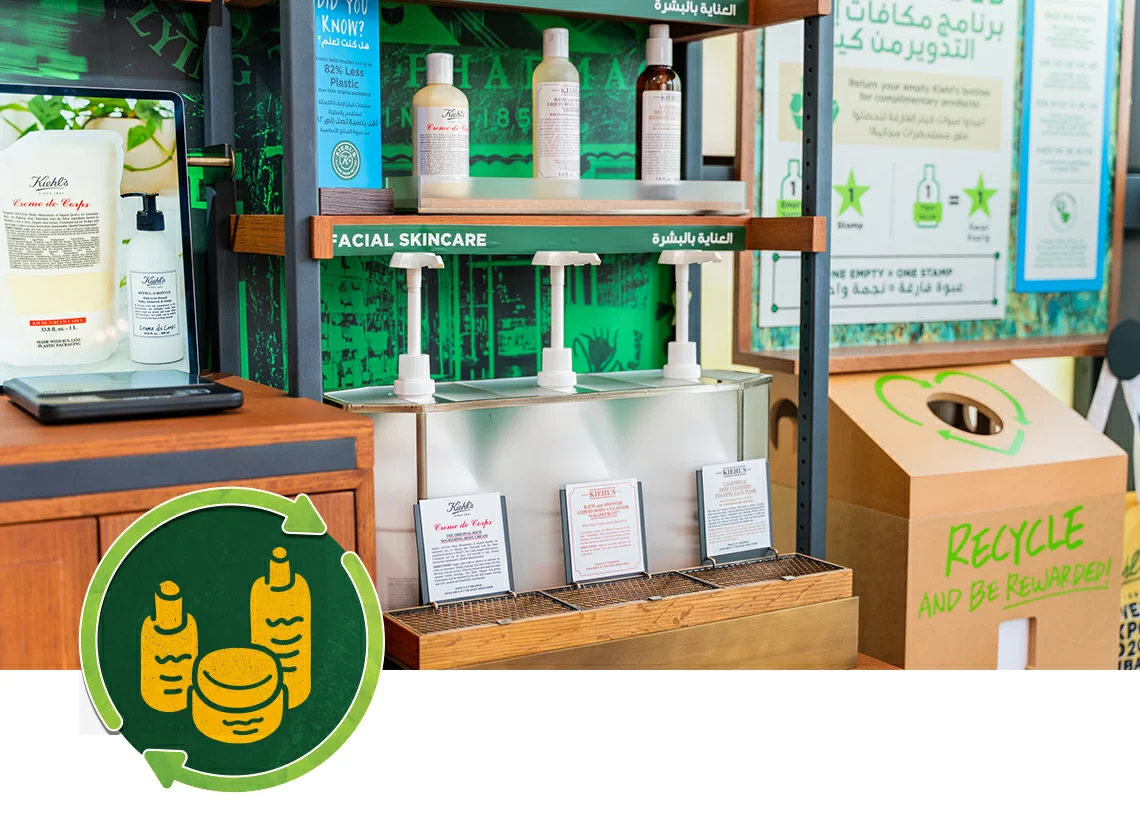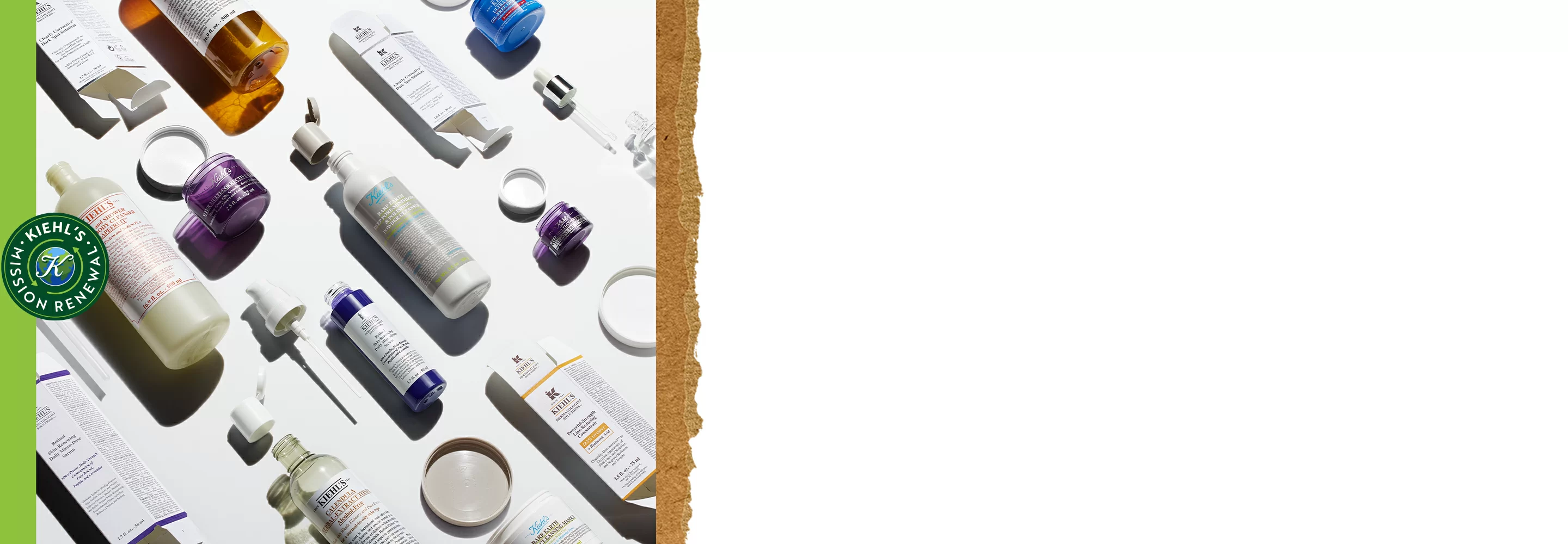
DESIGN OUT WASTE
As part of our journey to circularity, we’re committed to reducing waste at every step along the way—from
how we design
our packaging to the materials we use in our stores.
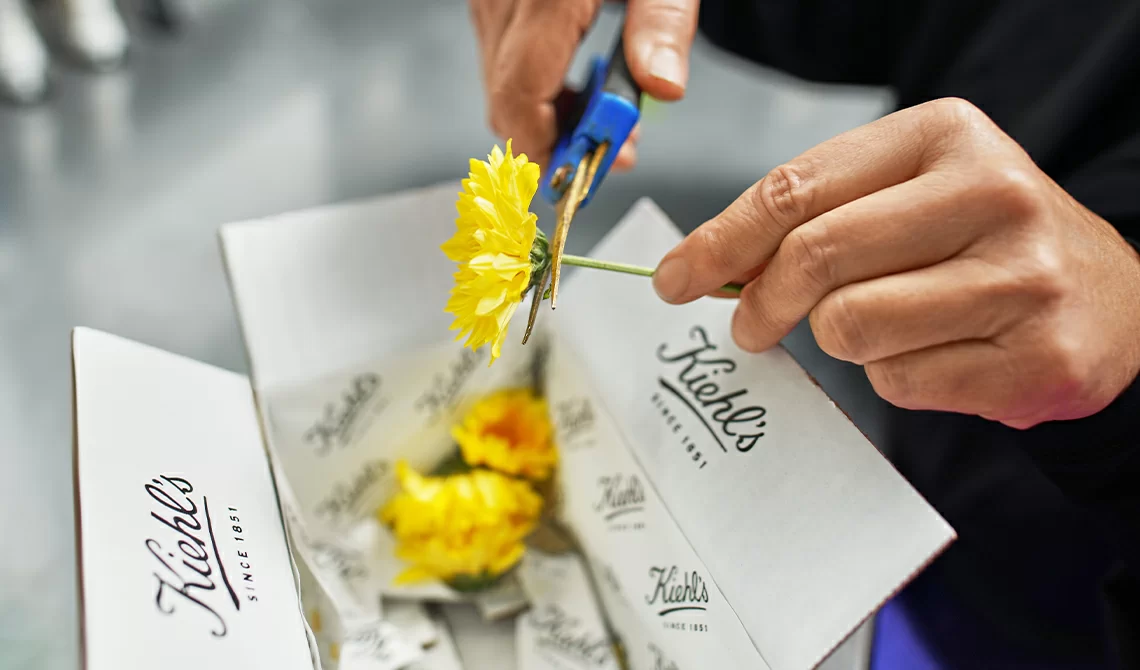
RE-DESIGNING THE FUTURE
We could “trash talk” other industries for creating waste, but the beauty industry is part of the problem. Skincare unquestionably contributes to the enormous quantities of plastic waste in landfills and oceans. Globally, over 300 million metric tons of plastic are discarded annually, nearly the equivalent weight of the human population.i Only an estimated 10% of the plastic ever created has been recycled.ii When plastic waste is sent to landfills, it takes over 450 years to decompose.iii So, we’re taking action with clear goals to reduce our impact by 2030.
OUR GOALS FOR 2030
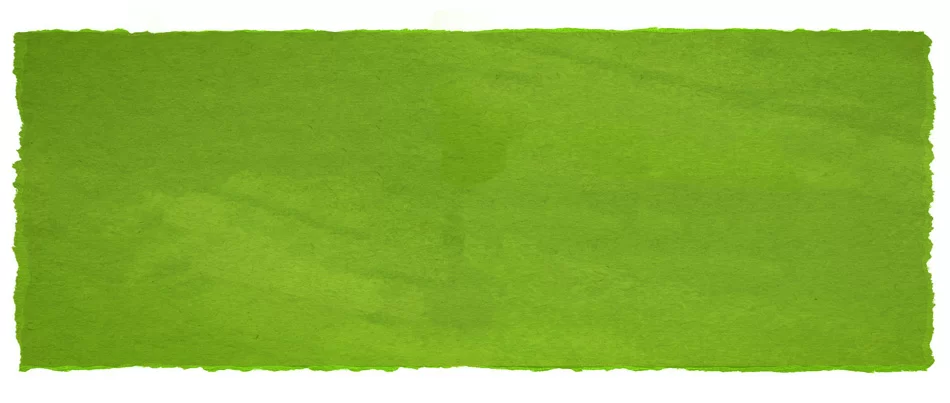
100%
of our packaging
will eliminate
single-use virgin plastic by:
will eliminate
single-use virgin plastic by:
1.
Redesigning to reduce
our overall packaging
our overall packaging
2.
Maximizing our use of post-consumer recycled materials (or PCR)
3.
Transitioning to reusable and refillable packaging
We’ll also collect
15 million
more empty products through
Kiehl’s Recycle & Be Rewarded
Kiehl’s Recycle & Be Rewarded
OUR MISSION IN PROGRESS
We are working to transition 100% of our products to reusable and refillable packages, while incorporating
post-consumer recycled materials instead of virgin plastic to keep materials in play longer.
As of today:
As of today:
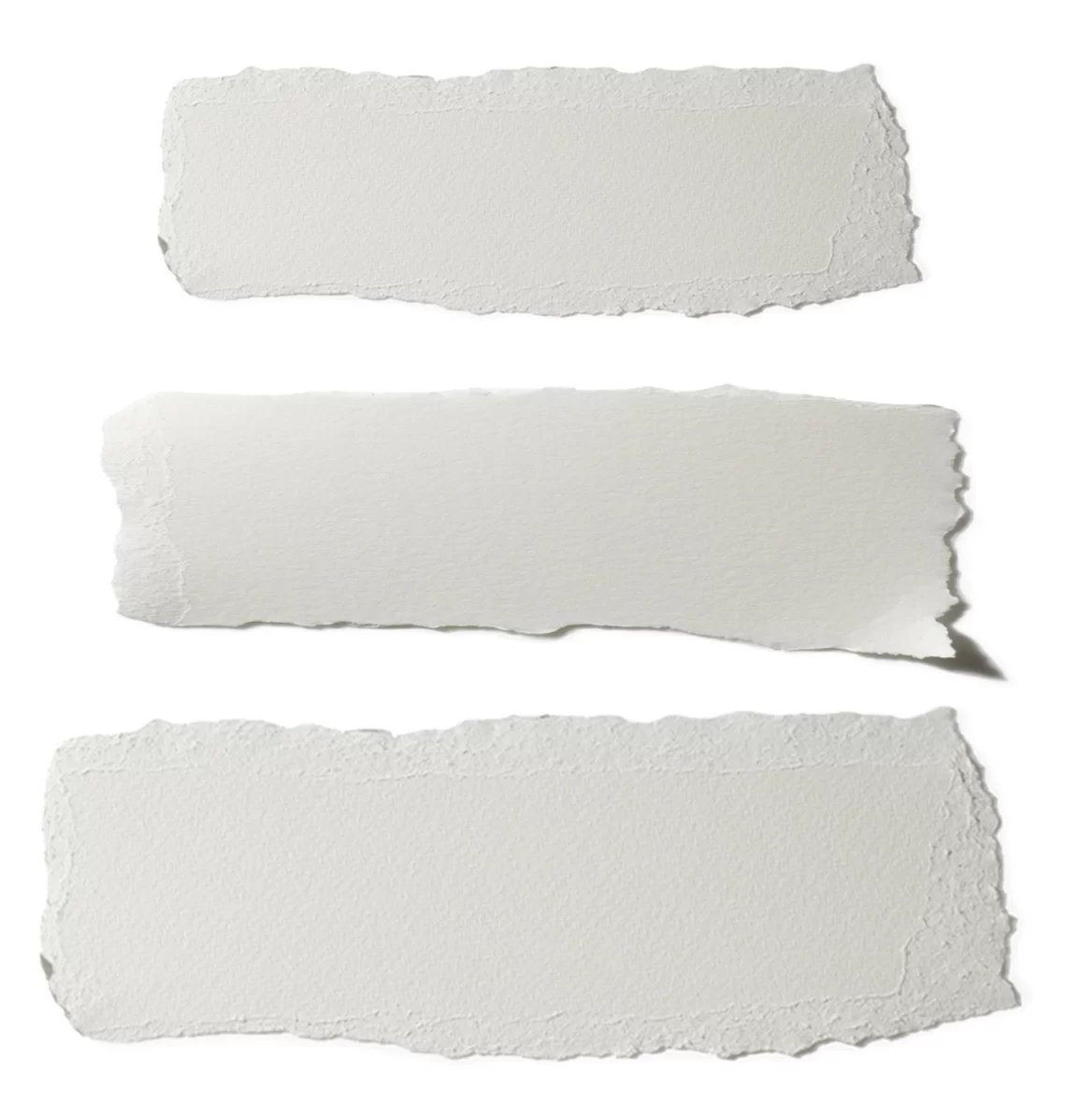
33% of plastic we source comes from post-consumer recycled materials
We have collected 14 million empty products through Recycle & Be Rewarded and aim for 15
million more
We have introduced refillables of customer favorites including Ultra Facial Cream, Ultra Facial Oil-Free Gel Cream, Amino Acid Shampoo, and Amino Acid Conditioner
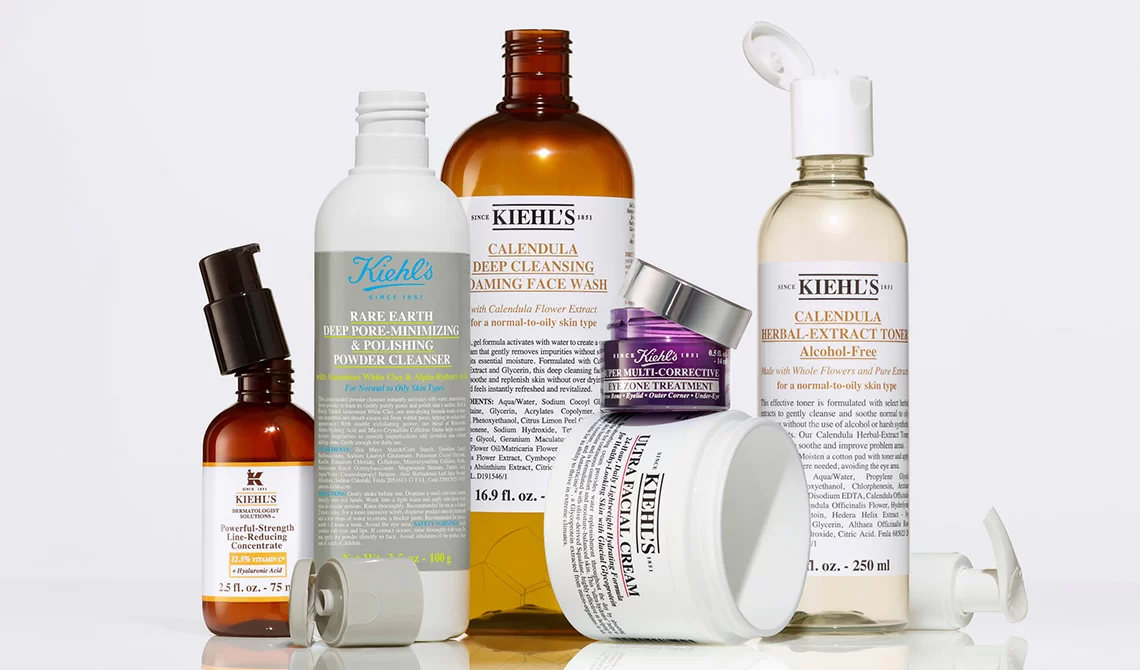
GIVING NEW LIFE TO OLD JARS
Nearly 120 billion units of packaging are produced each year by the personal care and beauty industry,
however, only 10%
of plastic ever created has been recycled.i, ii
While less packaging is the best way to reduce
single-use plastic,
recycling is a good way to keep materials in play longer. Recycling practices vary around the world, and
even plastic
intended for recycling can end up in landfills or oceans if not handled properly. Since navigating
recycling can be complicated, we strive to make it easier by giving you a drop-off location in your neighborhood with
Recycle & Be
Rewarded.
i Lindwall, Courtney. “Single-Use Plastics 101.” National Resources Defense Council. 2020.
https://www.nrdc.org/stories/single-use-plastics-101#:~:text=We%20produce%20300%20million%20tons,to%20plastic%20production%20and%20use.
ii ‘Our Planet is Choking on Plastic.” UN Environment Programme.
https://www.unep.org/interactives/beat-plastic-pollution.
iii “The Lifecycle of Plastics.” WWF Australia. 2021.
https://www.wwf.org.au/news/blogs/the-lifecycle-of-plastics.
Goal targets are for 2030. Progress based on figures from Kiehl’s 2021 performance data and baseline established in 2019.
https://www.nrdc.org/stories/single-use-plastics-101#:~:text=We%20produce%20300%20million%20tons,to%20plastic%20production%20and%20use.
ii ‘Our Planet is Choking on Plastic.” UN Environment Programme.
https://www.unep.org/interactives/beat-plastic-pollution.
iii “The Lifecycle of Plastics.” WWF Australia. 2021.
https://www.wwf.org.au/news/blogs/the-lifecycle-of-plastics.
Goal targets are for 2030. Progress based on figures from Kiehl’s 2021 performance data and baseline established in 2019.

